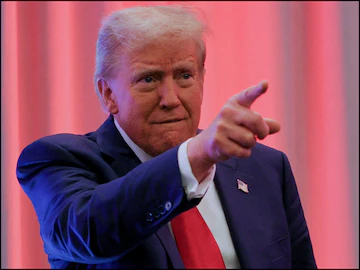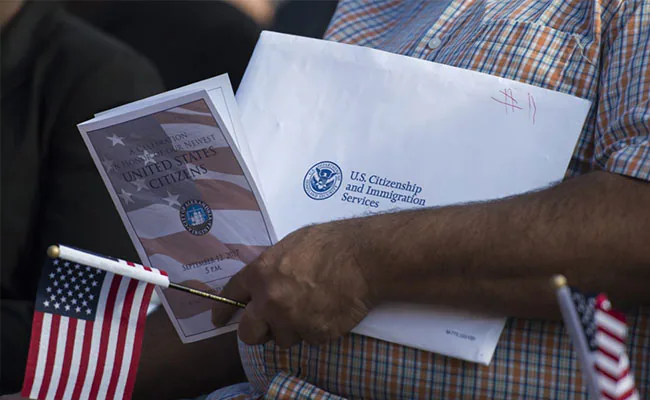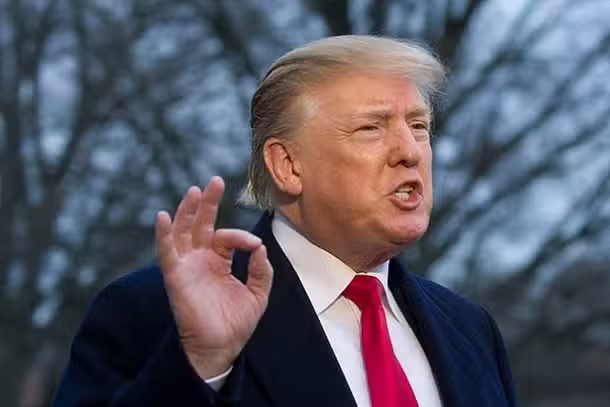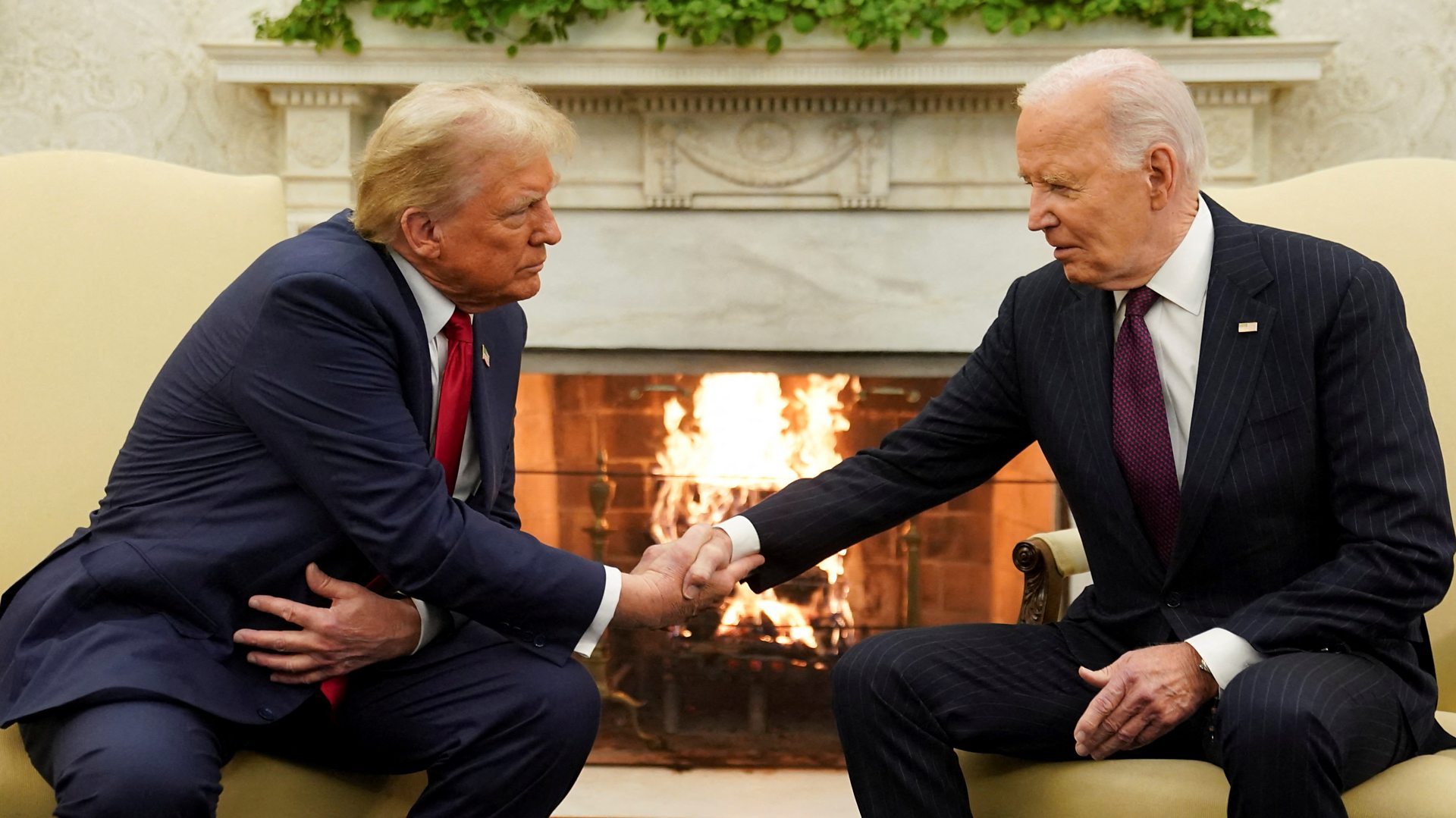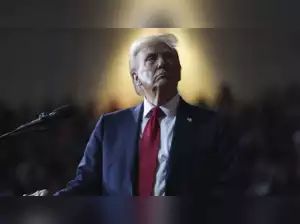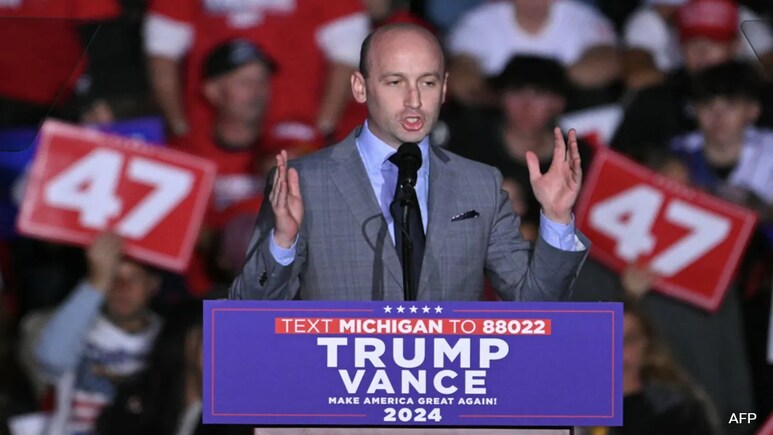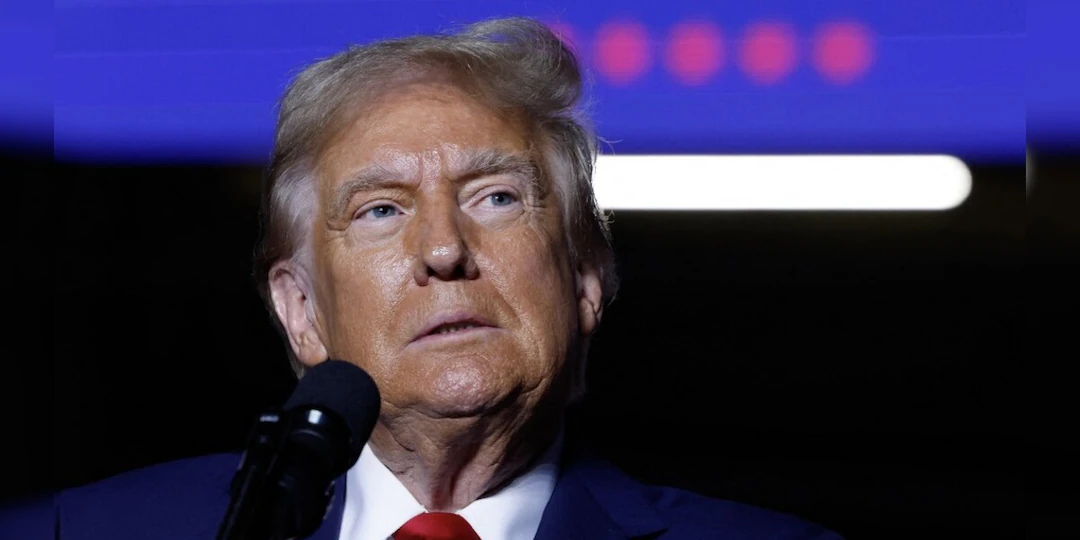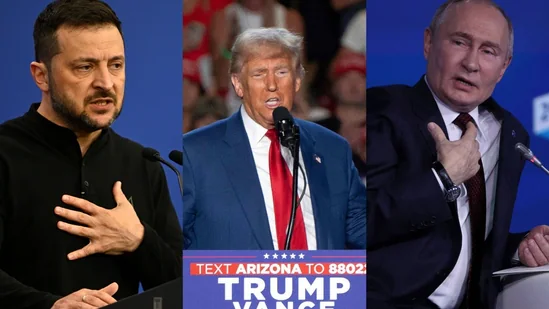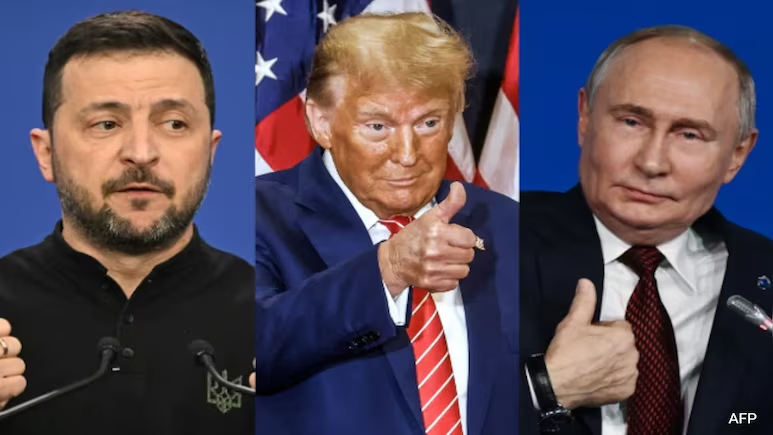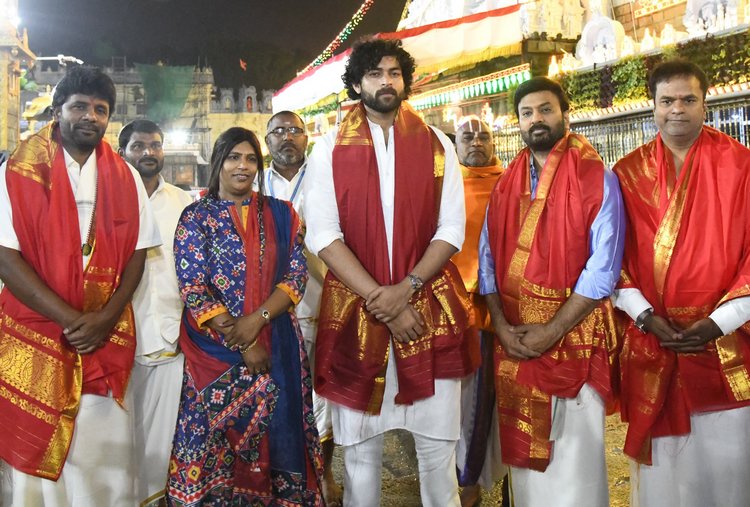What Does Stephen Miller’s Appointment Mean For Indian Techies, H-1B Seekers?
11/14/2024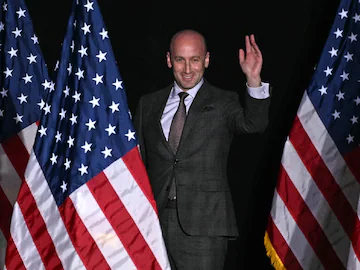
Stephen Miller, a known immigration hardliner, in 2017 proposed scrapping the lottery system to award the H1-B visas altogether to make for a fair distribution of the much sought after visas that allow foreign professionals to work in the US in “specialty occupations" that typically require specialised knowledge and a bachelor’s degree or higher.
The proposal was made in front of several tech CEOs and US President-elect Donald Trump, who was at the time in the White House. Several other proposals were also made, like changing the lottery system internally and building a system that would favour visa petitions for jobs that pay the highest salaries, according to a Reuters report.
H-1B visas are designed for foreign professionals in specialised fields that typically require advanced education. According to US Citizenship and Immigration Services (USCIS), this includes roles in areas such as science, engineering, and programming. Each year, 65,000 of these visas are issued.
While companies argue that the H-1B program helps them bring in skilled global talent, most of these visas end up with outsourcing firms. Critics claim these firms use H-1B visas primarily to staff lower-level IT roles, often replacing domestic workers. Additionally, the lottery system is seen as favourable to outsourcing firms that submit large numbers of applications, thus increasing their odds of obtaining more visas.
Fast forward to 2024, Trump and Stephen Miller are both back in the White House. What does this mean for Indian techies?
In 2017, when Trump, in presence of Miller, discussed raising the cost of applications from large companies as a way to discourage bulk filing for the visas, more than a dozen top tech executives from some of the country’s largest tech companies, including Google, Facebook and Apple, present at the meeting, were asked if they would object to that, none of the tech CEOs said they would.
Microsoft CEO Satya Nadella said technology companies need to be able to recruit talent from abroad when necessary.
Miller wanted to modify the program by reducing reliance on foreign labour in jobs where he believed US workers were qualified. Among his proposed changes were stricter eligibility criteria and discouraging bulk applications by increasing application costs, particularly for larger outsourcing companies.
He also supported allocating visas based on wages, favouring higher-paid positions to prioritise highly skilled labour rather than what he saw as lower-cost labour for entry-level jobs.
During Trump’s campaign, he attracted considerable financial support from Silicon Valley leaders, including Elon Musk, who largely advocate for more flexible policies on high-skilled immigration—views sharply contrasting with those of Trump’s main immigration adviser.
Previously, while working for Senator Jeff Sessions, Miller even drafted a bill that would impose a 10-year waiting period for international students with bachelor’s or master’s degrees to be eligible for H-1B employment in the US. This stance on limiting immigration options for skilled workers likely clashes with the majority perspective among tech industry leaders.
When the White House held meetings during the previous Trump tenure on how to handle countries refusing to take back citizens the US wants to deport, Miller’s voice stood out.
It was unusual for Miller, who focused on reducing immigration, to be involved, especially since this issue was typically dealt with by the National Security Council (NSC), which handles sensitive foreign relations.
Miller, not a member of the NSC, led several of the meetings and began by sharing stories of crimes committed by noncitizens, like the tragic death of a 25-year-old woman in Connecticut, allegedly killed by a Haitian man who should have been deported earlier. His intense tone made it hard for others to argue against him, according to US officials who spoke to news outlet, Politico.
“What are we doing to save American lives? We must save American lives! We must save Americans from these immigrant criminals!" Miller had said, according to one of the officials who spoke to the news outlet.
But what one should focus on is what the official outlined earlier. “Miller’s intense tone makes it hard for others to argue against him," the official had said, reflecting on Trump’s homeland security advisor’s stance on immigration.




